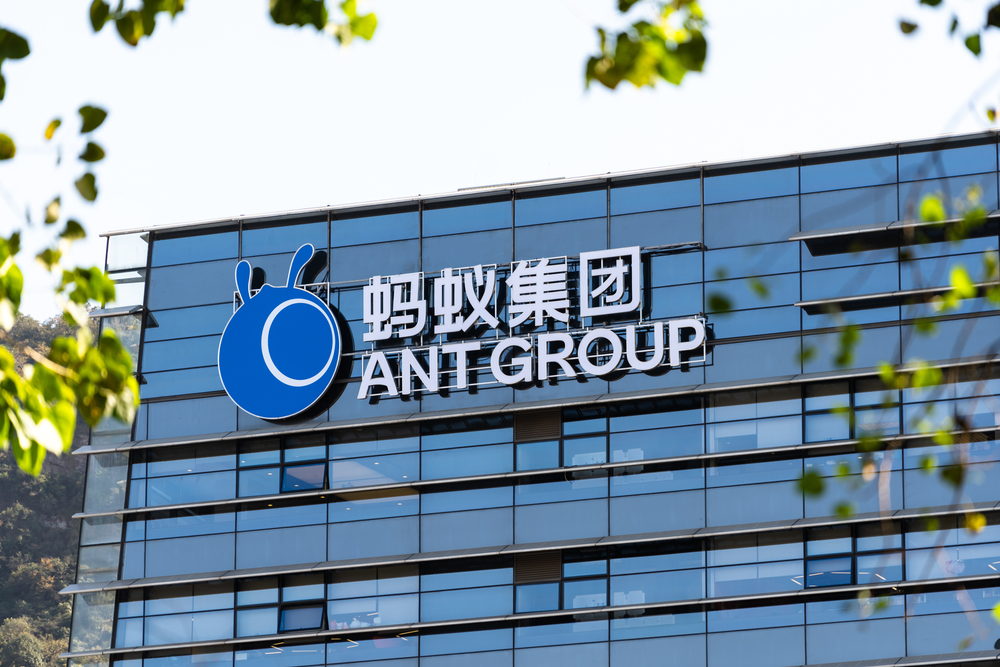Ant Group unveiled an AI model focused on the finance industry that can be used for investor education, market analytics, and asset allocation suggestions.
The model is also capable of comparing financial products and explaining insurance options but is still in closed tests on Ant’s wealth management and insurance platforms.
Ant used its in-house benchmark, Fin-Eval, to measure the effectiveness of the model and said that it outperforms general-purpose LLMs in professional thinking, compliance, cognition, generation, and domain knowledge.
In tests evaluating the extraction of insights from research and analysis, reasoning on financial events, and understanding of financial intentions, it outperformed the industry average.
Ant Group, an affiliate company of Alibaba, is one of the biggest financial services companies in China. It owns the world’s largest mobile payment platform Alipay, which serves over 1.3 billion users and 80 million merchants.
As a result, it has a huge amount of financial data to use in training its models. Its financial LLM was trained on hundreds of billions of tokens from datasets containing Chinese financial documents, in addition to over 1 trillion tokens from general corpus datasets.
Ant’s new AI finance apps
In addition to the model, Ant announced the release of two apps based on its financial LLM. Zhixiaozhu 1.0 is an AI-powered business assistant aimed at financial industry professionals while Zhixiaobao 2.0 is a financial assistant for consumers.
Zhixiaozhu 1.0 is already undergoing tests within the group and with industry partners and will be an invaluable tool for finance professionals. Analyzing portfolios, generating investment reports, or extracting financial information will be a lot easier with the help of an AI model fine-tuned on massive financial data.
Zhixiaobao 2.0 will be available to consumers once it receives regulatory approval, but there’s no word on a date for the official release yet.
You can imagine how helpful it would be for a consumer to get a simple explanation of an insurance document or different investment options without having to pay a financial advisor.
If the model performs as well as Ant says it does, then financial advisors could soon join the growing list of people who may need to rethink their employment options.
It will be interesting to see the financial industry’s response to real-world benchmarking of the model’s performance.
Financial management is inherently about managing and reducing risk. But does a single model offering financial advice reduce or increase the risk to its users? If millions of users of an app rely on it for financial advice, does it perhaps put them more at risk of manipulation by the corporation that owns the model?
The collective bad advice from human financial planners led to the 2008 global financial crisis. Will AI save us from a similar fate, or could it hallucinate and precipitate the next one?





